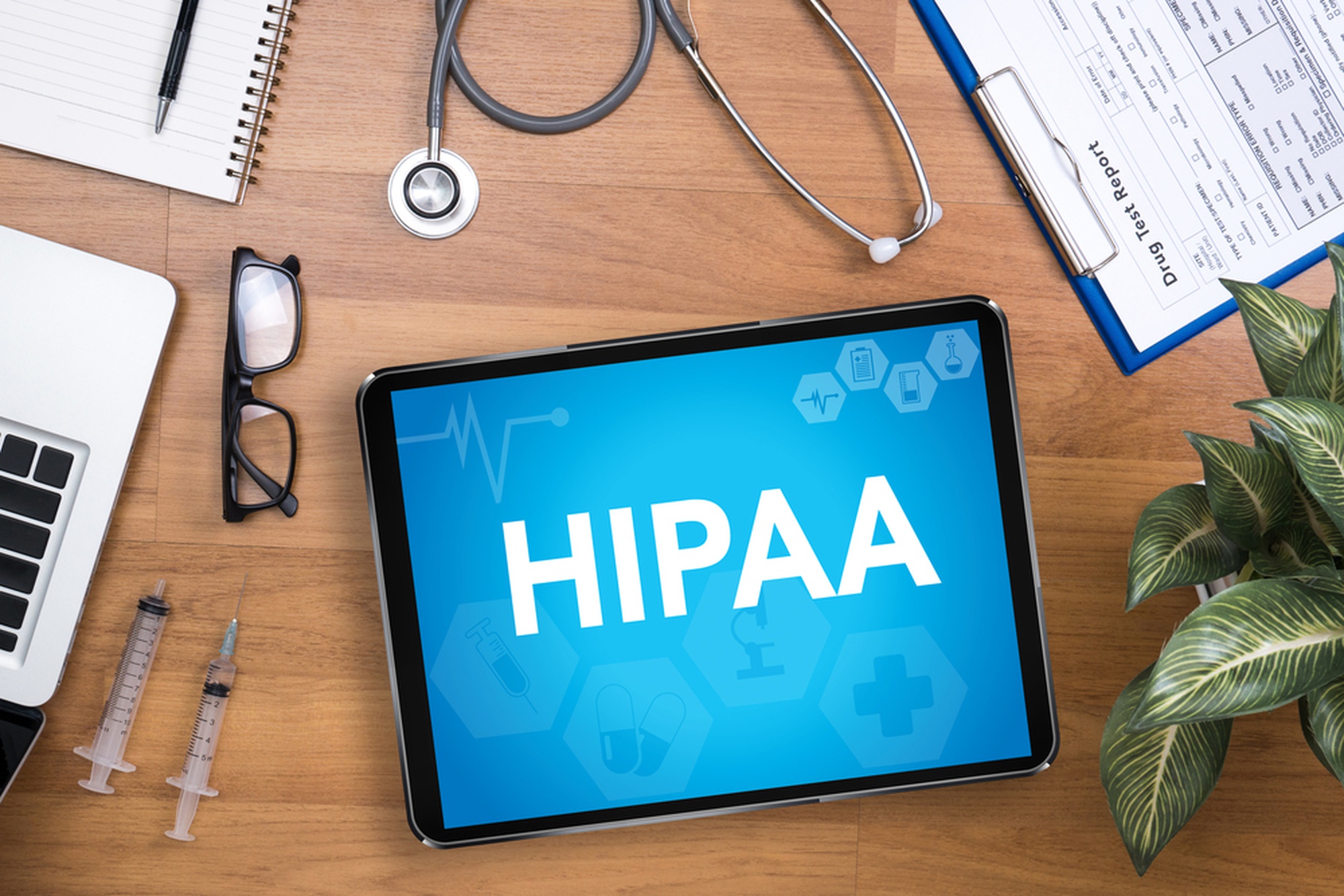In the era of digital technology, the security of sensitive information has become a major concern for businesses across all industries. Health Insurance Portability and Accountability Act gives strict guidelines to healthcare for the handling, storage, handling and protection of protected medical data (PHI). HIPAA compliance is essential for healthcare facilities to protect patient privacy, avoid penalties, and maintain their good standing.

HIPAA legislation covers health care providers, health plans, healthcare clearinghouses, as well as business associated with HIPAA-covered entities. PHI includes any information that can be used to identify a person for identification purposes, such as addresses, names and credit card numbers. It also contains details regarding medical conditions and procedures. PHI has a significant black market value due to its potential use in identity theft.
The HIPAA privacy rule sets out guidelines regarding the use and disclosure PHI. To safeguard confidentiality, integrity and availability covered entities are required to adopt policies and procedures. The policies and procedures address security awareness training and other measures, like access controls and security procedures for incidents. The covered entities are required to restrict their use and disclosure of PHI only to what is required to fulfill the objective for which they are being employed or disclosed.
The HIPAA Security Rule obliges covered entities to protect the integrity, confidentiality and accessibility of ePHI by implementing appropriate and reasonable administrative, physical and technical security measures. These safeguards comprise audit and access controls along with integrity controls in transmission safety, as well as a contingency plan. The entities covered by the policy must regularly conduct risk assessments to discover vulnerabilities and put in place mitigation measures.
The HIPAA Breach Notification Rule requires covered entities to notify affected individuals and the Secretary of Health and Human Services, as well as, in certain instances, the media, in the case of a breach of PHI that is not secured. The law defines breach as acquisition, access, or use or disclosure of PHI in a manner that is not permitted by the Privacy Rule, which interferes with the security or privacy of PHI. To determine whether PHI may have been compromised and to determine the possible damage that may result caused by a breach, covered entities must conduct an evaluation of risk.
HIPAA compliance requires continuous training and education for employees to ensure that they fully understand their obligations regarding privacy of patients and security. The covered organizations must perform regular risk assessments in order to find vulnerabilities and put in place mitigation measures. This may involve implementing security controls, encrypting ePHI, and developing contingency plans for the event the event of a security breach.
Technology has impacted virtually every aspect of modern life and healthcare isn’t an exception. Electronic health records are a groundbreaking device that allows healthcare providers to manage and store patient data in a seamless way. This has resulted in serious cybersecurity risks and strict compliance with HIPAA is vital. Information about patients is highly sensitive and must be safeguarded at all cost. HIPAA has never been more essential as it is today, in light of the constant danger of cyberattacks targeting healthcare organizations. HIPAA assists in protecting the privacy and security of patient data, thereby improving trust of patients with healthcare providers.
HIPAA compliance allows healthcare institutions to keep patient privacy secure while maintaining the trust of patients. HIPAA violation can result in massive fines, lawsuits, and reputational damage. Office for Civil Rights of Department of Health and Human Services (OCR) enforces HIPAA regulations and has the authority to investigate complaints and review the compliance of organizations.
HIPAA Compliance is Essential for Healthcare Organizations to Protect Patient Privacy in the Digital Age. The HIPAA regulations offer clear guidelines on how to organize, store, manage, and protect protected health information. Healthcare organizations must ensure that they have policies and procedures in place to comply with HIPAA regulations, conduct regular risk assessments, and offer regular training and education to their employees. By doing so, they can maintain the confidence of their patients and stay clear of significant fines as well as legal action.
For more information, click why was hipaa created